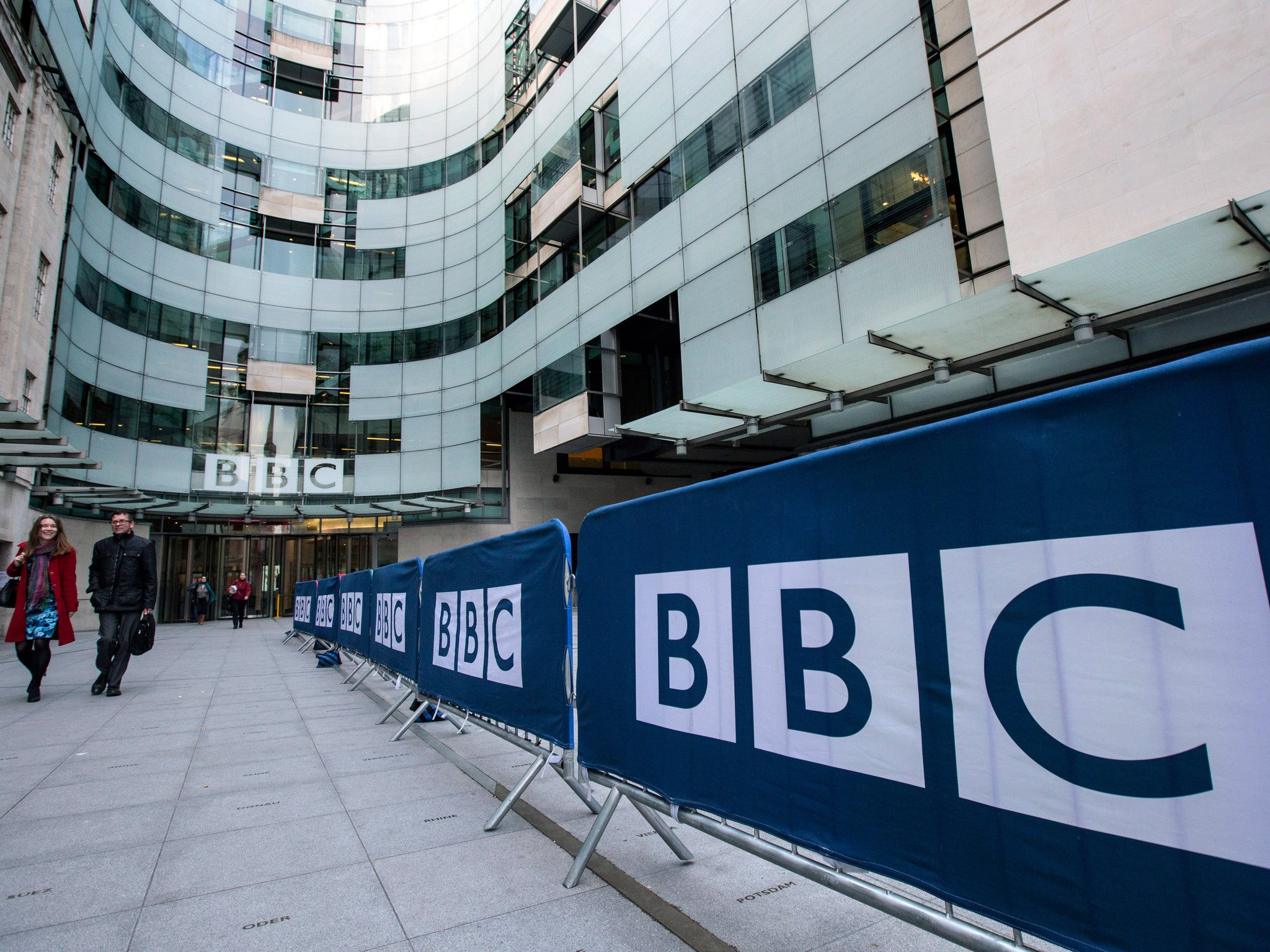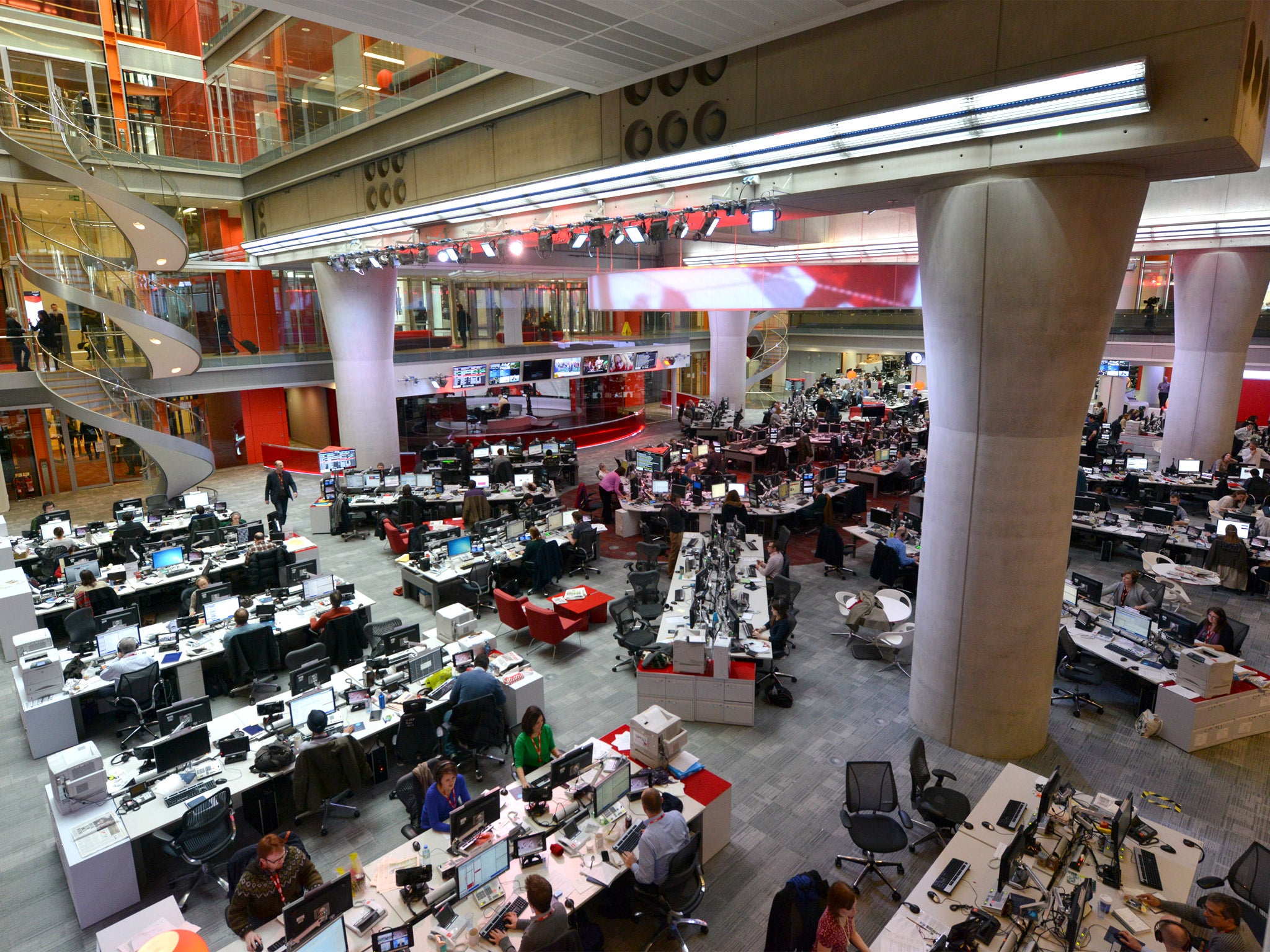BBC's desire to experiment with new technology could weaken its output, say licence fee payers
Public consultation finds that many respondents were concerned by the BBC’s 'new ideas'

The BBC’s desire to embrace online news streaming and other initiatives is being questioned by licence fee payers who fear that the broadcaster will weaken its existing output in its enthusiasm for new technology.
A public consultation by the BBC Trust found that many respondents were concerned by the BBC’s “new ideas” including the mobile-focused streaming service BBC Newstream. “People are very attached to the BBC’s current news provision and are therefore concerned about major changes to these services,” the Trust said. It uncovered fears that “the additional investment in Newstream will lead to cuts to the BBC’s existing news output”.
The findings follow suggestions that the BBC News Channel could follow the youth-orientated BBC3 in becoming an online only service. “There is a strong feeling that new ideas, if realised, should come as additions to existing services, rather than replacing them,” the Trust said, after consulting 12,000 people.
“I find new technology increasingly scary and difficult to understand and use,” one woman over 65 told the survey. “I know many others of my friends and people of around my age and older just want the old things to remain.”

The BBC is anxious to be at the forefront of media technology. Director-General Tony Hall said in September, when he launched the BBC’s “British, Bold, Creative” proposals, that BBC Newstream would take rolling news “into the palm of your hand”. He said: “The BBC must modernise to preserve and enhance what is best about public service broadcasting to ensure we continue to have a BBC that is British, bold and creative.”
Shown the BBC’s ideas, one woman said: “There's not much on this page that strikes me as necessary. Lovely to do if you had loads of money, but not worth cutting other things for.” One man told the BBC Trust: “I think the BBC should concentrate on its TV and radio output and programmes they can sell to make money rather than cutting some services to create a children's iPlayer and broadcast to North Korea.”
A BBC spokesperson said: “We are committed to providing services for all audiences, regardless of their situation. Whilst digital services provide unique creative opportunities and new ways to access content, we believe it’s possible to find a balance that ensures all audiences can benefit. For example, when BBC Three becomes a digital service its long form content will still be available on BBC One and Two. We also have a major role in helping all audiences make the transition to new technology as we did with Digital TV, and we expect this to continue in the future.”
The Government will publish its White Paper on the future of the BBC in May or June.
Join our commenting forum
Join thought-provoking conversations, follow other Independent readers and see their replies
Comments
Bookmark popover
Removed from bookmarks